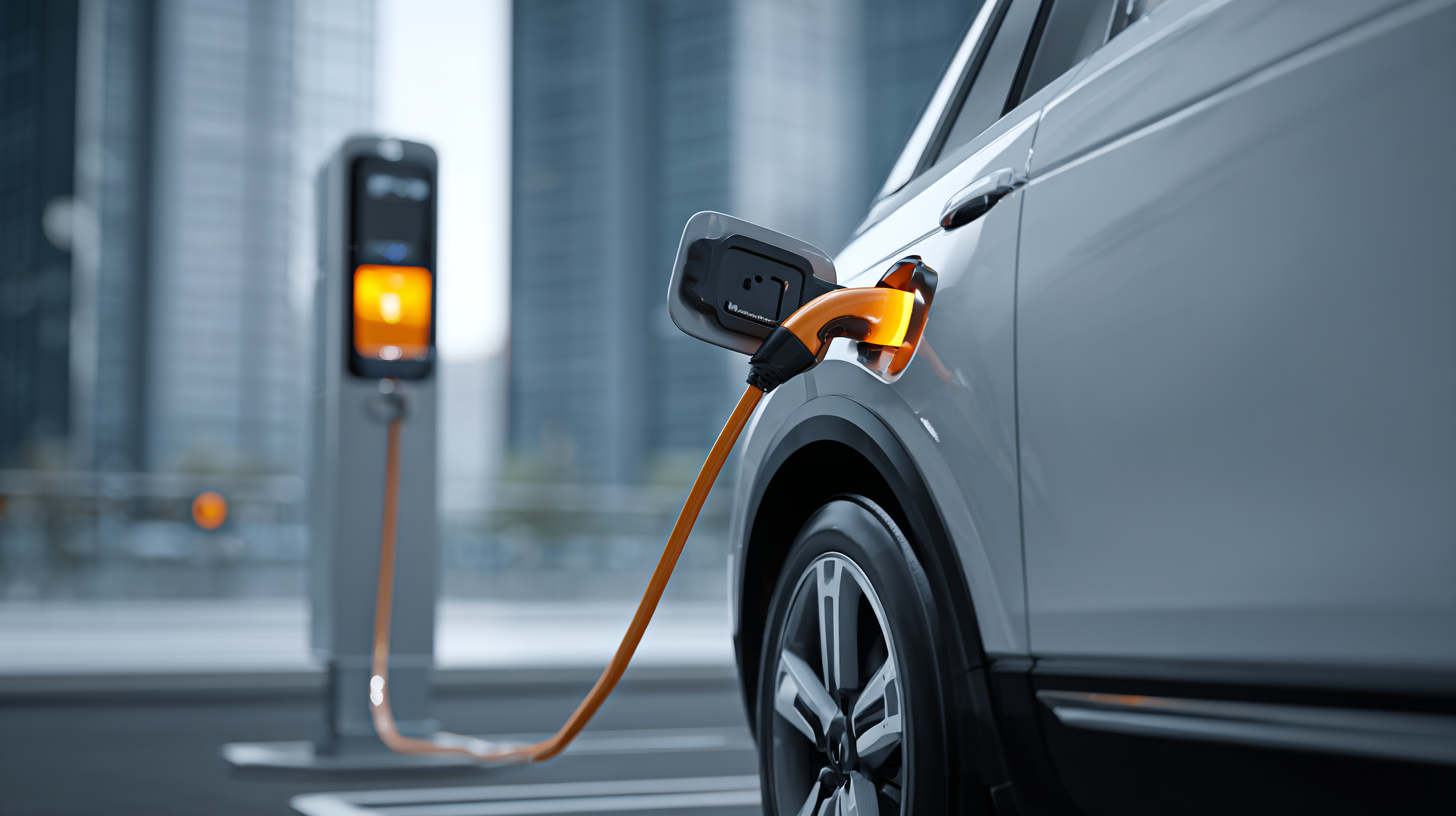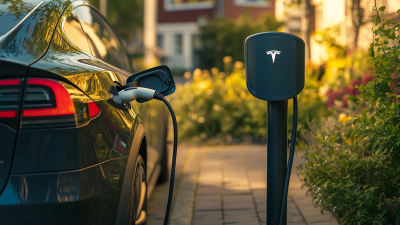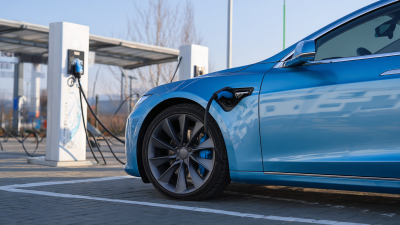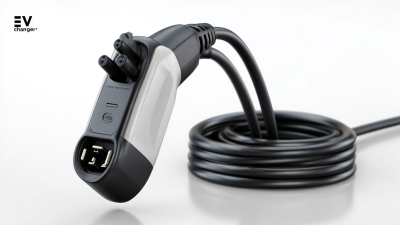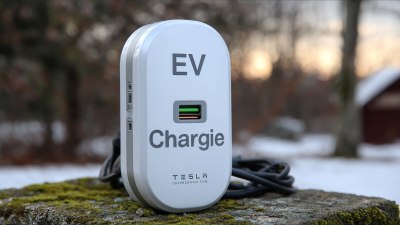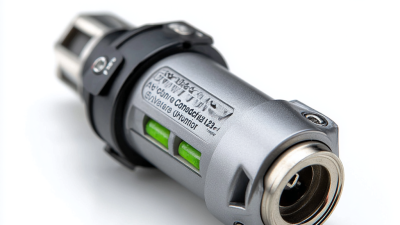As the transition to electric mobility accelerates, the adoption of effective charging solutions becomes increasingly vital for sustainability. One innovative solution gaining traction in this arena is the use of an Electric EV Adapter, which not only enhances compatibility among various electric vehicle (EV) models but also fosters a more robust charging infrastructure.
According to a recent report from the International Energy Agency (IEA), the global electric vehicle stock reached 10 million units in 2020, marking a 43% increase from the previous year, and projections suggest that by 2030, there could be as many as 145 million EVs on the road. This surge underscores the urgent need for versatile and efficient charging solutions.
The Electric EV Adapter addresses this necessity by enabling users to charge their vehicles at a wide array of stations, ultimately contributing to a sustainable future while alleviating the common problems associated with limited charging compatibility.
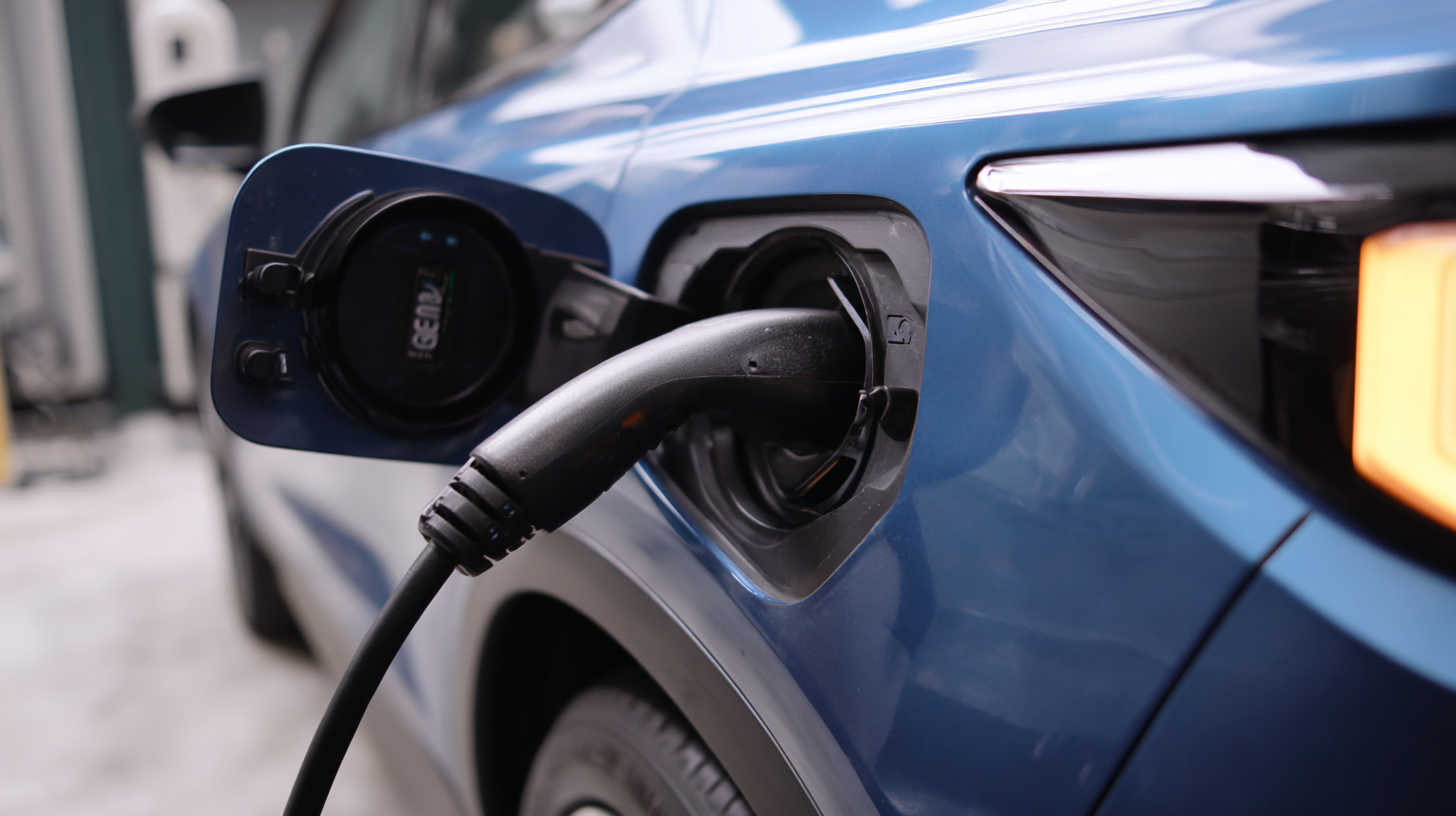
Electric EV adapters are becoming increasingly essential as the demand for sustainable charging solutions rises. These adapters facilitate the connection between electric vehicles (EVs) and various charging stations, ensuring compatibility and efficiency. Understanding the basics of electric EV adapters is crucial for both consumers and manufacturers aiming to promote green technology. An EV adapter typically converts the power output of a charging station to a format that the vehicle can utilize, adjusting voltage and amperage as needed. This compatibility not only increases charging speed but also extends the lifespan of the vehicle's battery.
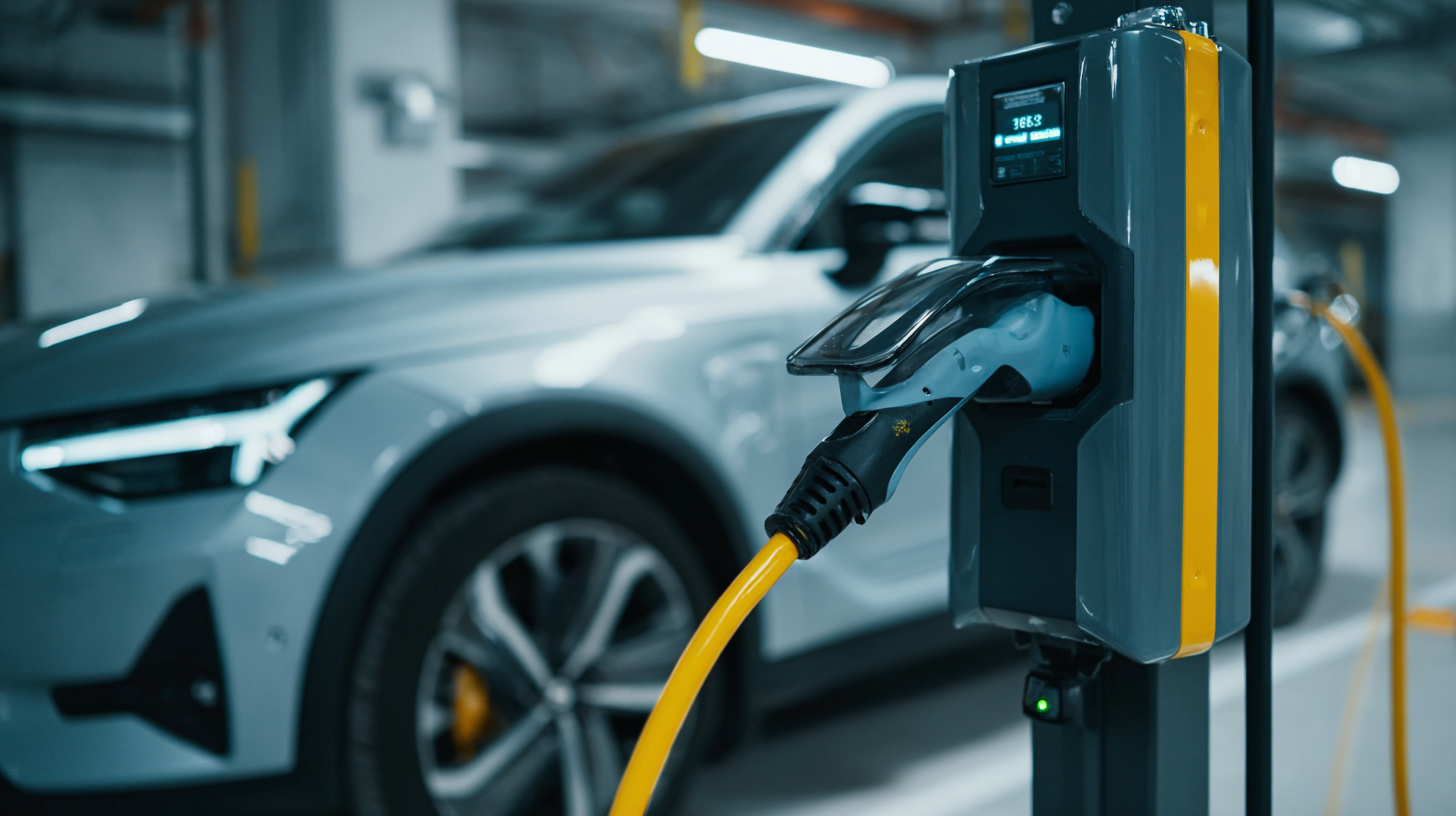
Moreover, the versatility of electric EV adapters enhances the convenience of charging for users. These adapters come in different types, such as Level 1 and Level 2, each catering to specific power needs and charging scenarios. For example, Level 1 adapters allow for simple home charging with a standard outlet, while Level 2 adapters are designed for faster charging at public stations. By understanding these basics, consumers can make informed decisions, ensuring they choose the right adapter for their specific EV models and charging requirements. Ultimately, this knowledge fosters a more sustainable approach to electric vehicle ownership, promoting the adoption of clean energy solutions.
Electric EV adapters play a crucial role in promoting eco-friendly practices, making them an essential component of sustainable charging solutions. One of the key benefits of using these adapters is their ability to facilitate charging in a variety of locations, including homes, offices, and public spaces. This versatility encourages more people to adopt electric vehicles (EVs) as they can charge their cars conveniently, reducing reliance on fossil fuels and subsequently lowering carbon emissions.
When using an electric EV adapter, consider the efficiency of your charging setup. Opt for adapters that support fast charging, as they not only save time but also reduce energy loss. Additionally, look for models that come with built-in safety features to protect your vehicle’s battery and enhance longevity.
Another tip for promoting eco-friendly practices is to utilize renewable energy sources for your charging needs. Pairing your electric EV adapter with solar panels can create a truly sustainable system. By charging your vehicle with clean energy, you significantly decrease your overall carbon footprint, contributing to a greener planet for future generations.
The chart below illustrates the key benefits of using Electric EV Adapters in promoting eco-friendly practices. As the adoption of electric vehicles increases, the importance of sustainable charging solutions becomes crucial.
When selecting the right electric EV adapter, it’s important to consider your specific charging needs and compatibility with your vehicle. Start by identifying the type of connector that works with your EV. Most modern electric vehicles utilize standards such as CCS, CHAdeMO, or Tesla's proprietary system. For example, the introduction of CCS-to-Tesla NACS adapters highlights the increasing importance of versatility in EV charging solutions, allowing broader access to charging networks. This flexibility can enhance your driving experience by reducing range anxiety and ensuring you can charge at various locations.
Next, assess the power rating of your adapter. Opting for a versatile adapter that supports multiple amperage levels can be advantageous, especially if you plan to charge at different locations, which may offer 15A or 32A sockets. Consider your typical charging scenarios; for instance, dedicated wall chargers may be ideal for home use, while portable options may provide more convenience for road trips. Being informed about your options will not only help you choose an adapter that aligns with your electric vehicle's requirements but also contribute to sustainable charging solutions for a greener future.
In the pursuit of sustainable charging solutions, using an electric EV adapter offers numerous advantages. These adapters allow for versatile charging options, facilitating the transition to electric vehicles by making them more accessible for various charging scenarios. They provide compatibility with different charging stations, enhancing convenience for users across various locations. Furthermore, the integration of advanced management systems in these adapters ensures optimal performance and energy efficiency, paving the way for a greener future.
To get the most out of your electric EV adapter, consider these optimal usage tips. First, always check for updated firmware or software for your adapter, as manufacturers frequently release updates that enhance charging efficiency and compatibility. Additionally, ensure your adapter is rated for the specific power output required by your electric vehicle; using the correct specifications can lead to faster and safer charging. Lastly, avoid overcharging by monitoring the charging process, as this can prolong battery life and maintain overall health. Employing these practices not only maximizes charging efficiency but also contributes to the longevity of your electric vehicle's battery.
| Advantage | Description | Optimal Usage Tips |
|---|---|---|
| Environmentally Friendly | Reduces carbon footprint by using renewable energy sources for charging. | Ensure your power source is renewable, such as solar or wind energy. |
| Cost-Effective | Lower energy costs compared to traditional fuel sources. | Charge during off-peak hours to take advantage of lower rates. |
| Convenience | Can be charged at home, eliminating the need for gas stations. | Install a high-quality home charging station for faster charging. |
| Performance | Provides efficient power delivery to the vehicle. | Use an adapter that matches your vehicle's specifications for optimal performance. |
| Versatility | Compatible with various EV models and charging standards. | Invest in a universal EV adapter for greater compatibility. |
The future of electric EV adapters and sustainable charging technologies is rapidly evolving, driven by advancements in power electronics and the increasing adoption of electric vehicles. As the demand for efficient charging solutions grows, innovations in GAN (Gallium Nitride) and SiC (Silicon Carbide) technologies are poised to revolutionize the charging infrastructure. These materials facilitate higher efficiency and faster charging times, addressing critical pain points for EV users and supporting the wider implementation of electric mobility.
Tip: When selecting an electric EV adapter, prioritize models that utilize GAN or SiC technologies, as they offer superior performance, longevity, and sustainability benefits.
Moreover, the global market for fixed EV charging guns is anticipated to see significant expansion, growing from $423 million in 2023 to over $3.14 billion by 2030. This rapid growth highlights the increasing reliance on versatile charging solutions that cater to various vehicle types, enhancing user convenience and contributing to the overall electric vehicle ecosystem.
Tip: Stay updated on the latest trends and advancements in EV charging technology to make informed decisions about your electric vehicle and ensure you have access to sustainable charging options.
